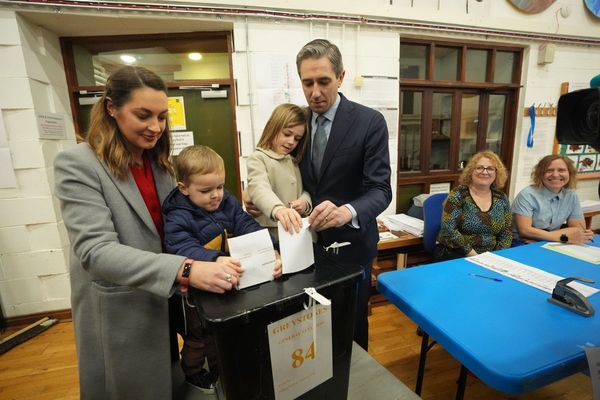This week, on July 13, Prime Minister Rishi Sunak revealed that visa application fees are set to rise significantly alongside the immigration health surcharge, which gives migrants access to the NHS.
He explained that the fee rises were to help the Government raise funds for other areas of public spending.
But why are the visa fees rising, what are the current fees, and what can migrants expect from the new fees?
Here is everything we know.
WATCH LIVE: Our fair and responsible decision on Public Sector Pay. https://t.co/YAIZZqNl2i
— Rishi Sunak (@RishiSunak) July 13, 2023
Why are the visa fees rising?
The Prime Minster announced the visa application fee hike in a speech that was addressing public sector wages following recent strikes.
In the aftermath of months of industrial action, the PM confirmed that teachers would get a 6.5 per cent pay rise, while junior doctors will be given a six per cent rise. Additionally, police officers, who are banned from striking, will get a seven per cent increase.
Mr Sunak explained that part of the funding for the public sector wage increase will be financed using the money raised from foreign migrants who wish to live and work in the UK.
He said: “What we have done are two things to find this money; the first is we’re going to increase the charges that we have for migrants who are coming to this country when they apply for visas.
“And indeed, something called the immigration health surcharge, which is the levy that they pay to access the NHS.
“So, all of these fees are going to go up and that will raise over a billion pounds.”
Sunak clarified that these pay increases were the Government’s final offer and that there will be no further negotiations this year regardless of any future strikes that might take place.
I just announced a fair way to end the strikes – and already ALL teaching unions are backing it.
— Rishi Sunak (@RishiSunak) July 13, 2023
It’s a fair deal for workers.
And a fair deal for the British taxpayer.
This is a major breakthrough for parents and families across the country.
Here’s what it means 🧵 pic.twitter.com/fxYmo9w2Hl
What are the current UK Visa fees?
The visa fees a migrant pays depend on the type of visa they are after, including the length of time, the main purpose of their visit, the number of entries into the country they want, the industry they work in, and more.
The latest UK visa fees across all categories can be found on the Government website.
As for the immigration health surcharge, when it was first introduced back in March 2015, migrants had to pay £200 per application.
The fee doubled to £400 in December 2018, then increased once more in December 2020 to £624 per adult applicant, and £470 per discounted applicant, which covered children and students.
What will the new UK visa fees be?
The Government has said that UK work and visa fees will be increased by 15 per cent, and that all other visa fees are set to rise by a minimum of 20 per cent.
For now, it is unclear when the new fees will be formally introduced.
As for the immigration health surcharge increase, it will now cost £1,035 per person, per annum.
Those who are eligible for a discount, including students and children, will have to pay £776, which equates to a 66 per cent increase.







